Thinking about your final image while taking the shot
~ A before and after tutorial ~| FUJI X-T2 + 56mm f/1.2 | ISO 500 | 1/60 sec. | f/1.2 |
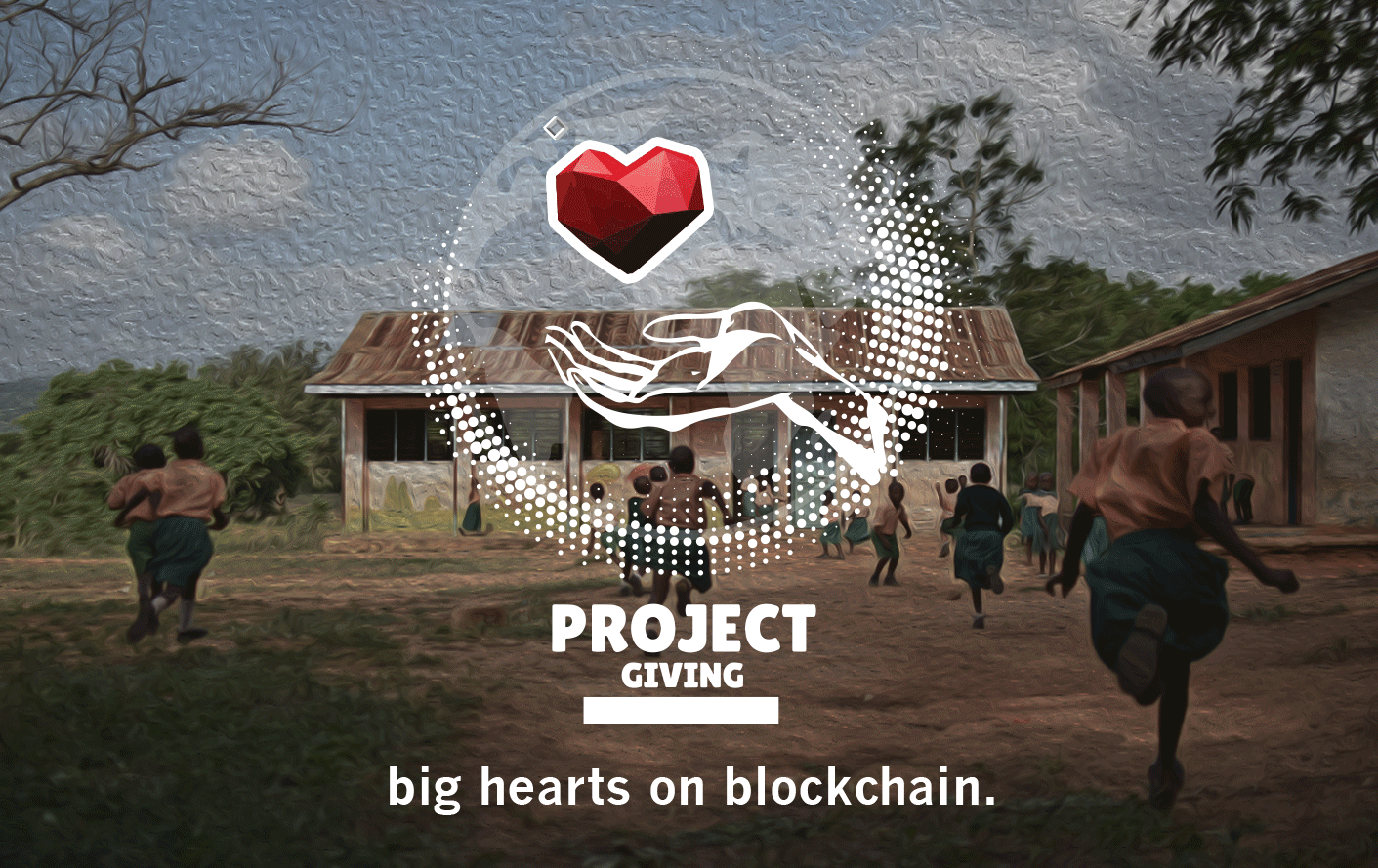
check out our introductory post and see why how we are revolutionizing charitable activity on the Steem Blockchain.As you might have seen by the massive promotion on my page for @projectgiving, I have been quite busy over the past month creating Steemit's first fully accountable NGO. If you haven't had a chance already, I would highly encourage that
In this photography tutorial, I wanted to take the opportunity to talk a little bit about the importance of thinking about your final edited image when taking photos. For those who are relatively serious about photography, you will know that post processing is almost as important as taking the photo itself. For those of you who don't know, post-processing if the art touching up or neatening aspects of your photos (such as exposure, saturation and tone) in software such as lightroom or photoshop before being happy with the final image.
In my opinion, a solid grasp of post-processing is what separates the good from the great in photography. While it is obviously necessary for you to have a beautiful image in the first place, it is through "finishing it in post" that you can really leave your mark on the shot.
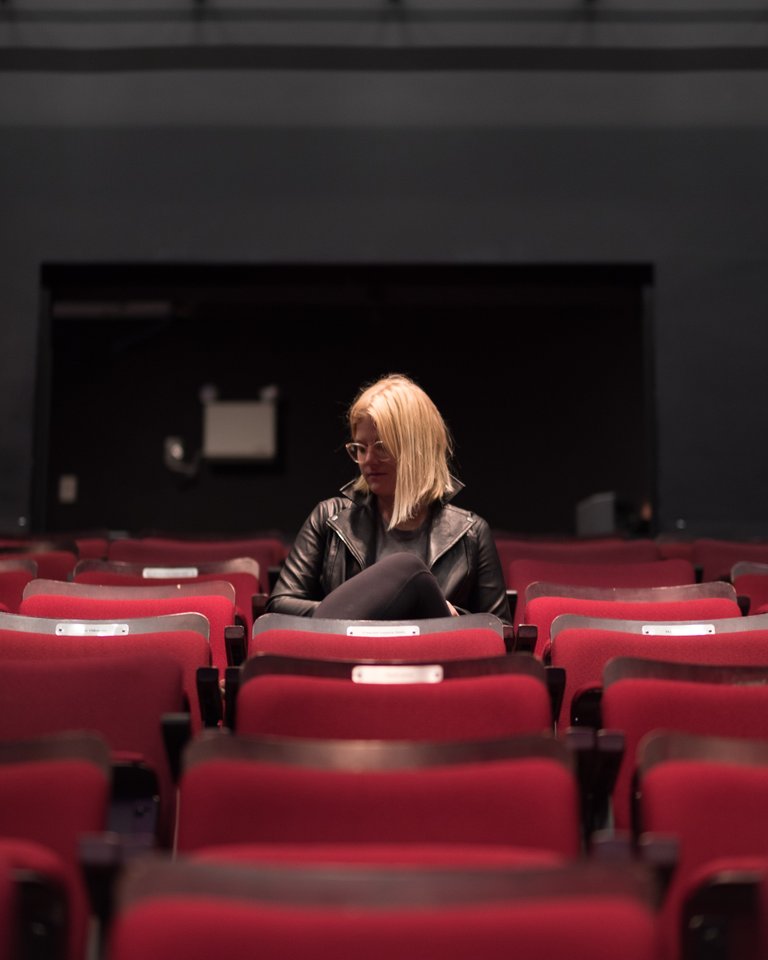
Take this image to the right as an example. I was recently taking photos with some friends in an old french theater and I was very drawn to the dark red seats and their cool contrast to the rest of the room.
Now this image that you see is a RAW file and directly out of camera (without post-processing). While it is definitely an objectively interesting image, it has many distractions and definitely could not be considered as an impressive picture. However, when I was drawn to the composition, I knew straight away that thanks to post processing, the image could have great potential.
- On this occasion, I knew that I could massively reduce the exposure of the background to isolate the parts of the photo which I found interesting.
- I also knew that I could raise the shadows on the subject to make her stand out from the image.
- Finally, I knew that I could use the saturation tool in post to give the strong red colours the right "pop" or tone.
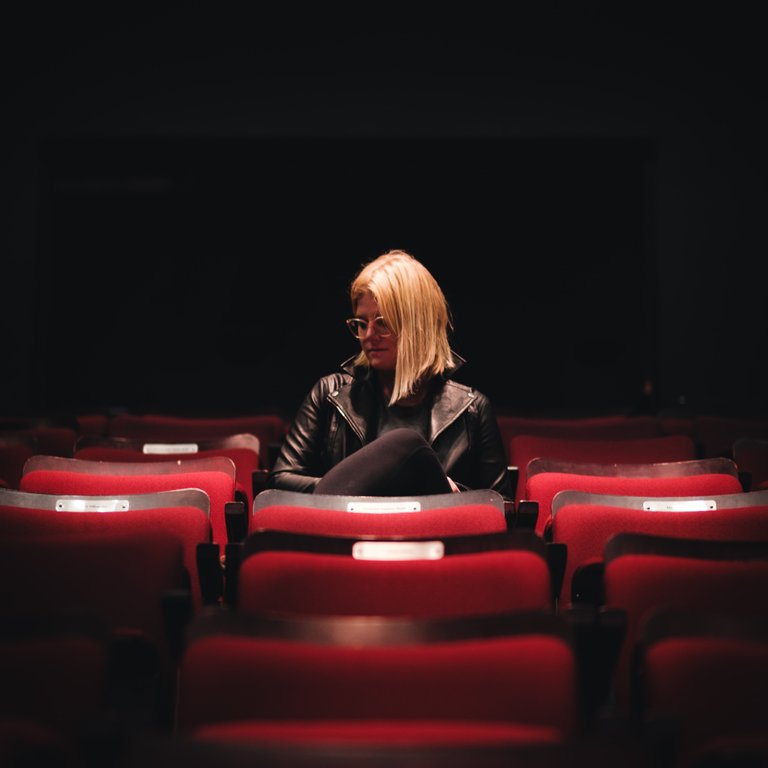
| FUJI X-T2 + 56mm f/1.2 | ISO 400| 1/60 sec. | f/1.2 |
Here you can really see the value in thinking ahead about just how optimized your final image can look after post processing. We have gone from a picture with many distractions, to one which very minimalist and in my opinion, quite interesting.
However, this image only exists because when I was at the location taking the physical picture, I knew how it could be transformed into an impressive final image. It is for this reason that I cannot encourage up and coming photographers to spend a lot of time learning and understanding post-processing software. Not only might this help you turn a decent image into a fantastic one, but importantly, it will also improve your ability to find and capture unique compositions.


I hope you all enjoyed this photography tutorial. On top of the NGO project I have been working on, @projectgiving, I am also in my last two weeks of my summer school semester. When this ends, it will bring closure to a continuous 10 months period of high intensity university work.
So as you can imagine, I have been pretty burnt out lately!! But I have booked off the next two months for summer holidays before school starts once more in September. During these two months I will be focusing extensively on content creation on Steemit, so keep on the look out :)
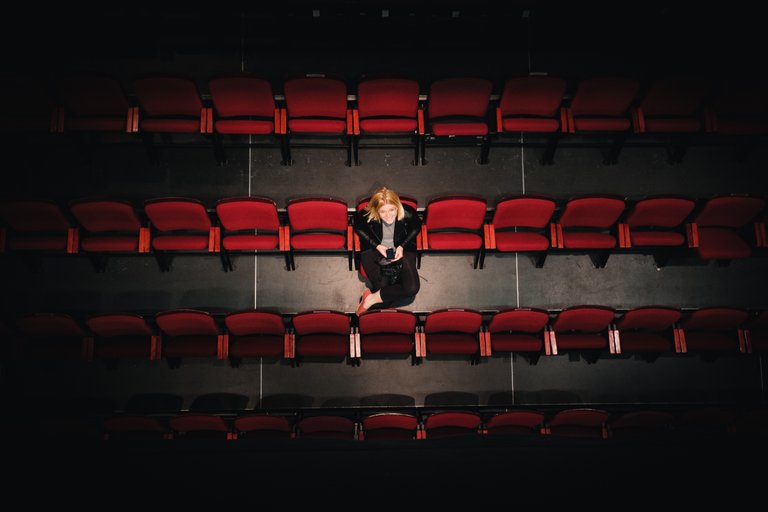
| FUJI X-T2 + 10-24 f/4 | ISO 2500| 1/40sec. | f/4 |
Tristan
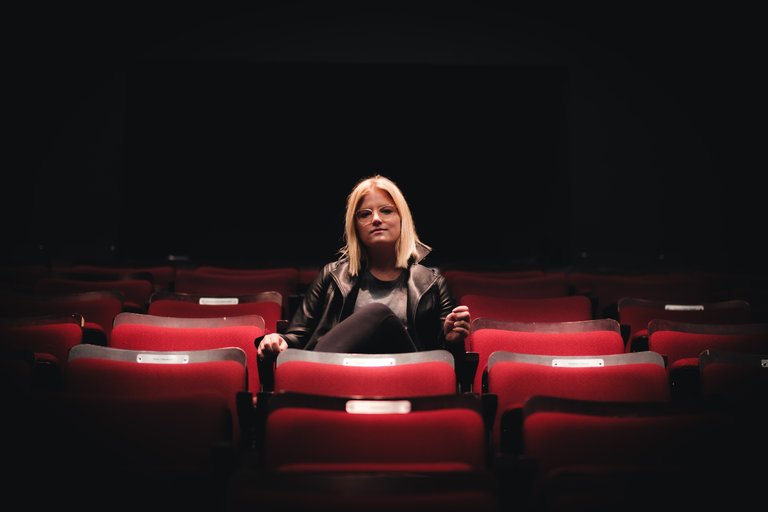
nice, upvoted
Hi Tristan, this post on photography tips is superb! You're really doing amazing work and I'm learning a lot from you! Hope you're doing well otherwise, I can imagine pretty burnt out. Keep it up dude! P.S. Ive landed in the mutha-land, so amazing being back home. Everyone sending a big hug to ya!
Do you prefer to use less ISO noise reduction in order to maintain sharpness?
Hey! Thanks for checking out the article :) I believe that the worse possible thing is having a blurry photo due to low shutter speed. Thats because there is no way to fix or sharpen a blurry shot. However, as technology evolves, we seem to get better and better noise reducing software to fix your image if you used very high ISO.
So I would always recommend that you increase your ISO if necessary to capture the image, and just find a way to deal with the noise in post, or in the future. That way you will atleast always capture the shot you want :)
Hi tristanoliff,
LEARN MORE: Join Curie on Discord chat and check the pinned notes (pushpin icon, upper right) for Curie Whitepaper, FAQ and most recent guidelines.
Congratulations @tristanoliff! You have completed some achievement on Steemit and have been rewarded with new badge(s) :
Click on the badge to view your Board of Honor.
If you no longer want to receive notifications, reply to this comment with the word
STOPTo support your work, I also upvoted your post!
Do not miss the last post from @steemitboard!
Participate in the SteemitBoard World Cup Contest!
Collect World Cup badges and win free SBD
Support the Gold Sponsors of the contest: @good-karma and @lukestokes